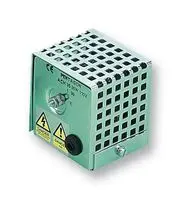
Hello Brothers,
I have read so many positive comments on the use of camellia oil for rust prevention that I bought a big (huge) bottle of it... only to be sorely disappointed!
I am going back to using paste wax!
The problem that I have found with camellia oil is that it gums-up on whatever I coat with it! It also has gummed-up on my oiler-in-a-can (as in Paul Sellers).
Each time I go back to using my stored tools, I have to use a thinner on the item to remove the gummy oil residue, even after only a few days! VERY ANNOYING!
Has anyone else had this problem?
What are you all using?



































